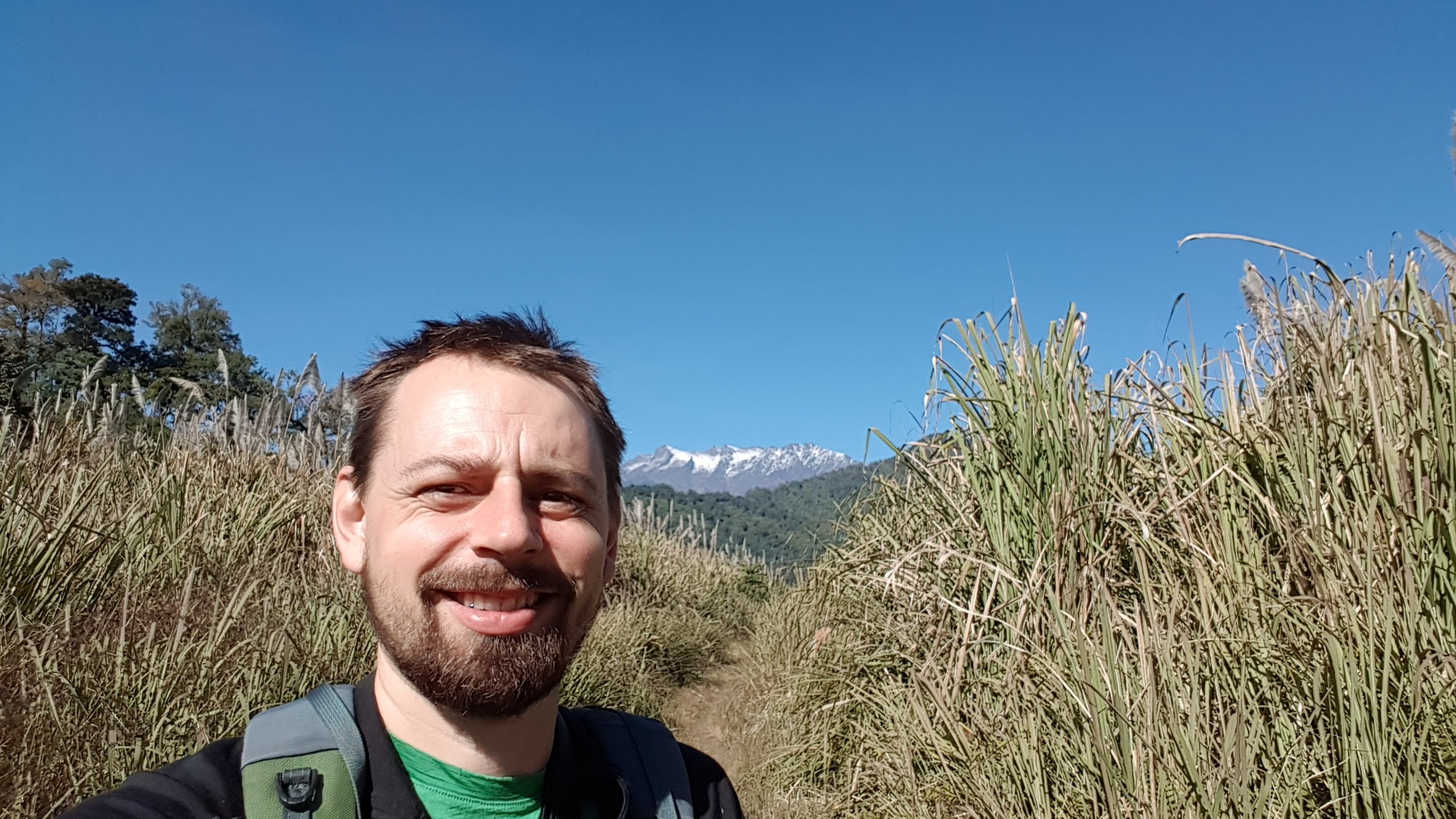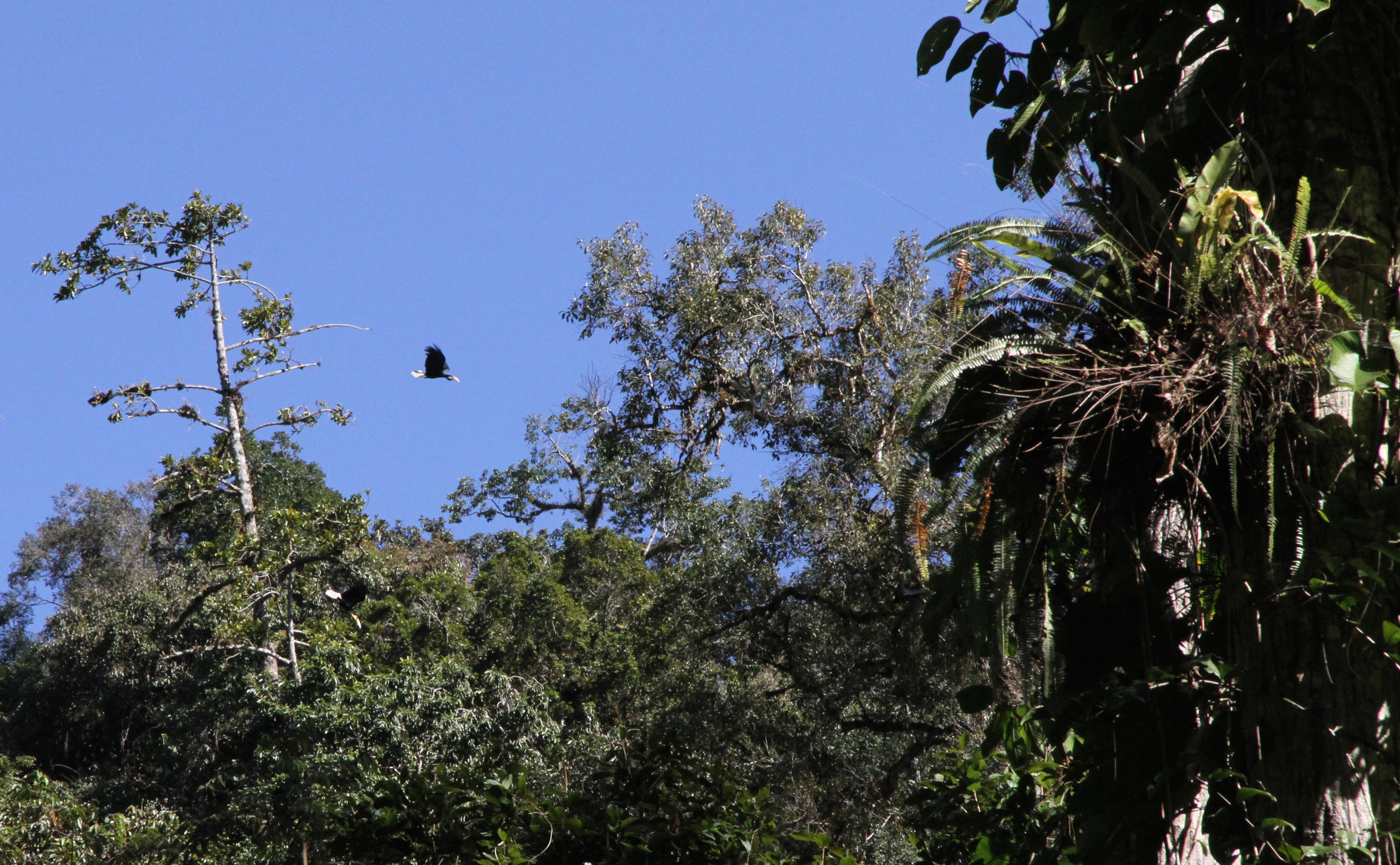A few short paces into a recent four-day hike in northern Kachin, I stopped to pick up a piece of discarded plastic. It was a candy bar wrapper. My guides – young professionals from a local conservation NGO – looked at me curiously. At first, I thought they didn’t understand why I would see the rubbish as a problem and want to pick it up. But then I quickly learnt what they already knew well – the trail was littered with waste. I would be picking up plastic constantly at this rate … and slowing our mission by hours.
My trip to one of our project sites had started on a confronting note. This was a remote part of the country, in a region with stunning scenery, significant biodiversity and rich cultural heritage… yet even here plastic was a problem.
And this is one of the real worries in Myanmar today – plastic pollution is everywhere you look and growing far too quickly. The international crisis has most certainly reached Myanmar. When I reflect on how much more plastic waste is visible all over Myanmar than when I first came here in 2005, I am reminded of the fact that we have produced more plastic over the last decade than during the whole of the last century. But this scale and breadth of the problem also reinforces the idea that we are all responsible for addressing plastic pollution – both as individuals and in our work.
For me personally, that means remembering my reusable shopping bags, carrying a sturdy water bottle everywhere, and refusing straws when I order drinks. My four-year-old is especially good at this and proudly shows off his bamboo straw. Even more exciting is seeing the momentum that’s building in Yangon, such as was on display during the community clean-up event as part of last weekend’s Day of Action for Beating Plastic Pollution.
Beyond individual action, we can also minimize the impact of our project activities at every opportunity. From making sure we request jugs of water and glasses at event venues, to actively promoting improved waste management and exploring new regulatory approaches to support Myanmar’s sustainable development, there are many ways that we can help reduce plastic pollution through our work.
So throughout the rest of our hike in northern Kachin we collected as much trash as we could carry (in addition to our own waste). But we also started exploring what else this particular project could do to help address the problem, including using future community trainings on biodiversity conservation to raise awareness of the impact of plastic on our ecosystems and our health. And I, for one, will continue to look for the next step in reducing our projects’ plastics footprint.
#BeatPlasticPollution #WorldEnvironmentDay @UNDP @UNEP
About the Author
Martin Cosier is the Project Manager and Chief Technical Advisor for UNDP Myanmar’s Governance for Resilience and Sustainability Project.

 Locations
Locations


